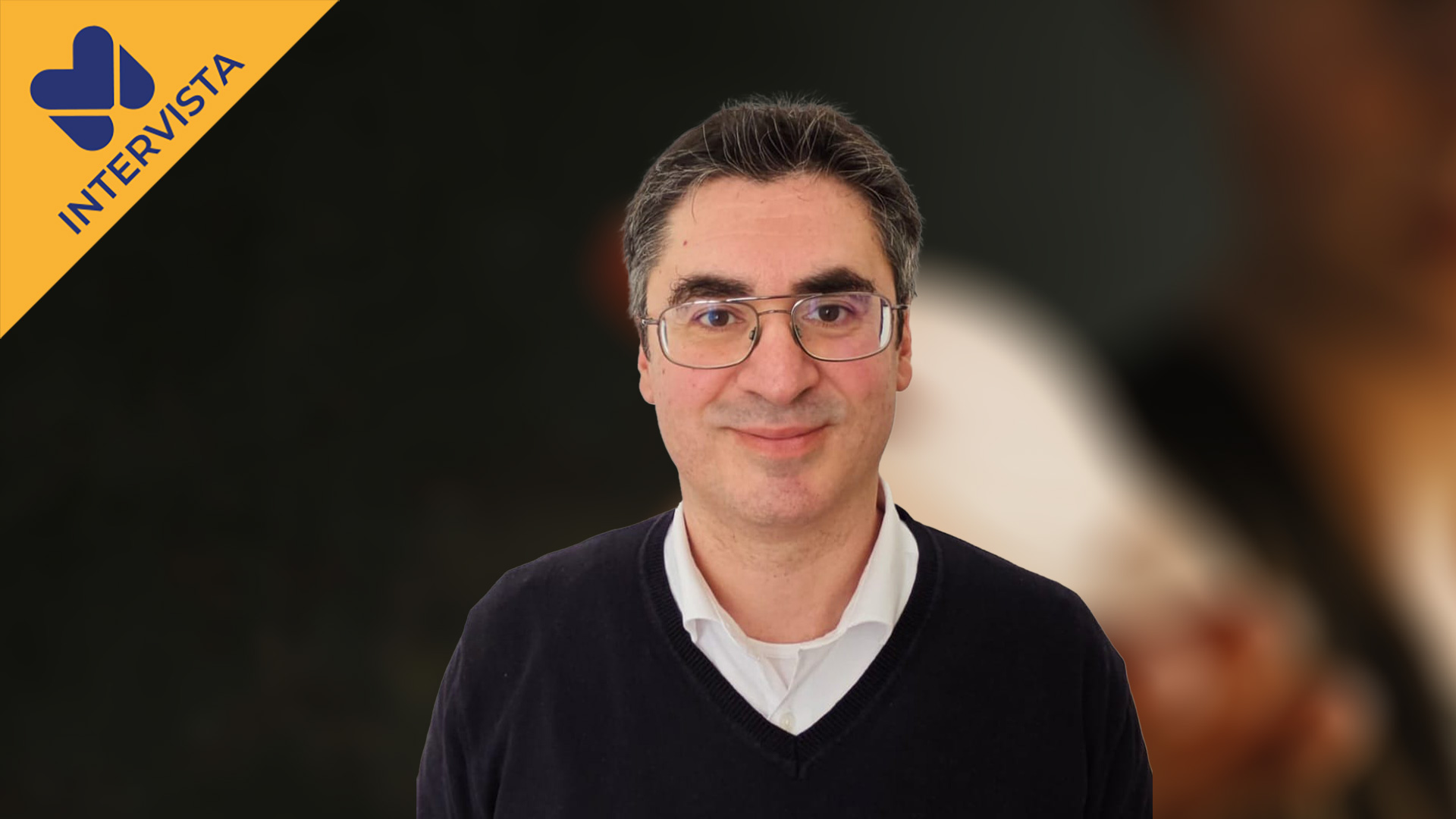In the suspended time of the Jubilee, when millions set out on a journey not only physically but also inwardly, the theme of mental health takes on even deeper significance. In an age marked by uncertainty, loneliness, and accelerated social change, the figure of the psychologist becomes central in helping people rediscover their inner balance.
We spoke with Cristian Pagliariccio, psychologist and representative of the Lazio Order of Psychologists, to explore the meaning of psychological care today, the growing need for authentic listening, and the challenges—but also opportunities—that the Jubilee presents for fostering a new culture of mental health.
An open dialogue that places the person, the community, and the concrete possibility of caring for oneself and others at its center. Because there can be no health—neither spiritual nor social—without psychological health.
Why can events like the Jubilee, with their spiritual and communal dimension, have a positive impact on people’s mental wellbeing?
We don’t have much research to refer to on this topic, so I’ll offer a very personal perspective. From a secular point of view, I believe such events provide opportunities to reduce one’s cognitive dissonance. Cognitive dissonance is an unpleasant (and sometimes deeply painful) mental state that occurs when someone holds certain beliefs but thinks or acts in ways that contradict those beliefs. It’s not about hypocrisy—where someone pretends to be something they’re not for appearances—but about a deeper internal conflict. In this sense, events like the Jubilee may offer internal and external benefits. Internally, on a personal psychological level, they may help foster a greater sense of internal coherence that enables reconciliation with oneself. Externally, on a relational level, they can strengthen social connection and encourage practices of inclusion, kindness, respect, etc., all of which have a positive impact.
What advice would you give a pilgrim who wants to use faith and prayer as tools to strengthen their mental balance during the Jubilee?
Again, I speak from a personal and secular point of view. I think it’s helpful to remember that you are a pilgrim—not just someone on holiday. A person on holiday often returns to their routine as if nothing ever happened once the experience and excitement have passed. So, beforehand, it can be useful to prepare for a transformative spiritual experience that brings greater alignment between one’s faith and one’s lifestyle and actions. During the Jubilee rituals, it may be helpful to cultivate and draw on the strength needed to clarify and act on intentions that align with your faith.
And once the Jubilee experience is over?
Afterward, when returning home, it may be useful to take concrete actions that support personal transformation. I don’t think major upheavals are necessary. In most cases, small steps forward may be enough to contribute to one’s wellbeing through everyday acts of prosocial behavior—helping, listening, showing solidarity, patience, and so on. In other cases, since hope costs nothing, I think it would be wonderful if, after experiencing a sense of reconciliation with God, some people might also consider reconciling with the more earthly world—turning themselves in for crimes committed, asking forgiveness from victims and making amends where possible, ceasing or refraining from violent actions, and so on.





